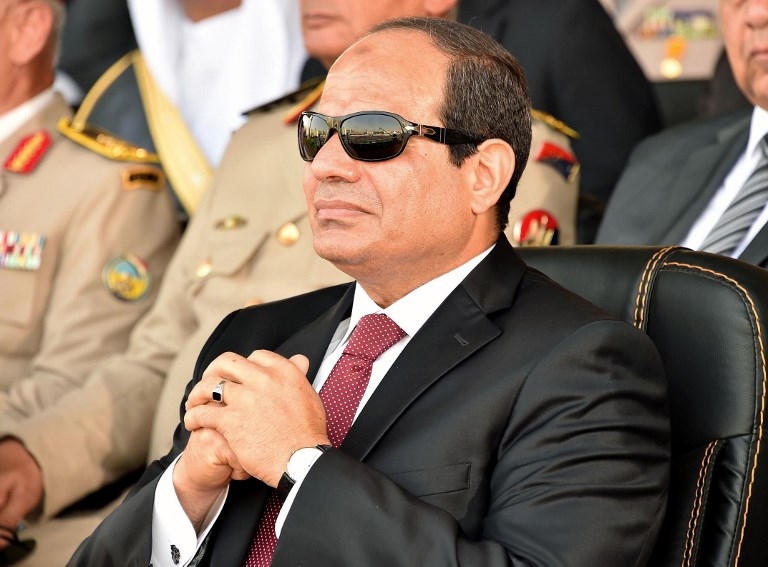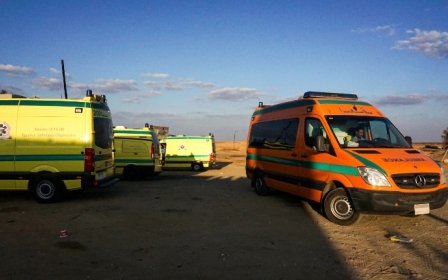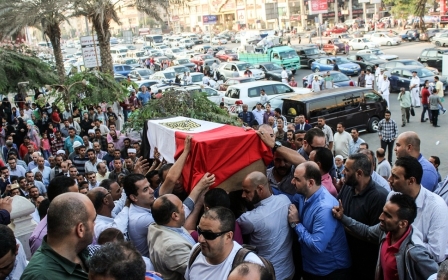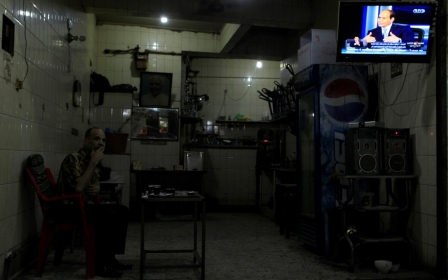Egypt appoints new military chief of staff, changes security command

Egyptian President Abdel Fattah al-Sisi appointed a new armed forces chief of staff on Saturday, and the interior ministry dismissed several high-ranking officials in an apparent reorganisation of the country’s security command.
No reason was given for the reshuffle, but the interior ministry decision came a week after a deadly attack on a police operation in a western desert area of Giza Province in which the ministry said 16 police were killed after coming under heavy fire.
Egyptian forces have been fighting several armed groups, mostly in the northern part of the Sinai peninsula, since Sisi helped to lead the military overthrow of president Mohamed Morsi of the Muslim Brotherhood in 2013.
Hundreds of members of the security forces have been killed in attacks by militants in recent years. A local Islamic State (IS) group affiliate has been the main foe of the security forces in the north Sinai.
A statement from the presidency said General Mohamed Farid Hegazy would replace General Mahmoud Hegazy, who has been made the president's adviser for strategic planning and crisis management.
In a separate statement, the interior ministry announced that it had replaced several high-ranking officials, including the head of homeland security, assistant to the minister for security in Giza province, the director of Giza’s security and director of operations for central security.
It gave no further details on the shake-up. No militant group has yet claimed responsibility for last week's attack on the police in a remote desert area of Giza, about 130km southwest of Cairo.
Western desert
Thirteen militants were killed in a raid on a farm hideout in the region on Friday. State news agency MENA quoted a security official as saying it was "revenge for the blood of the men who were martyred last week in the oasis".
The vast western desert region has always been a security headache, with arms flowing across the frontier with Libya, where militant groups have found shelter since Libya fell into chaos after the 2011 end of Muammar Gaddafi’s rule.
Sisi is a former military commander elected by a landslide in 2014, and he presents himself as a bulwark against militancy. He is widely expected to run for re-election next year.
New MEE newsletter: Jerusalem Dispatch
Sign up to get the latest insights and analysis on Israel-Palestine, alongside Turkey Unpacked and other MEE newsletters
Middle East Eye delivers independent and unrivalled coverage and analysis of the Middle East, North Africa and beyond. To learn more about republishing this content and the associated fees, please fill out this form. More about MEE can be found here.




